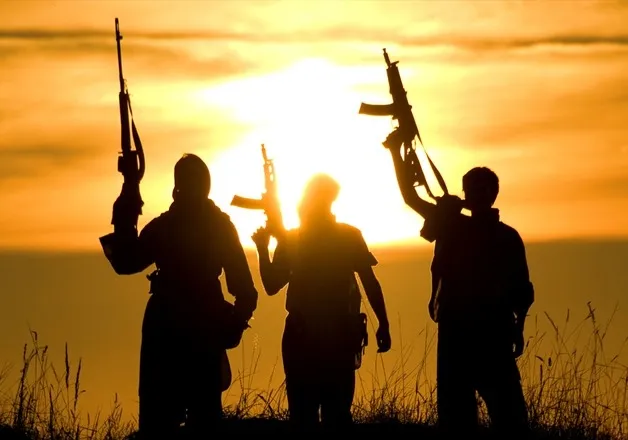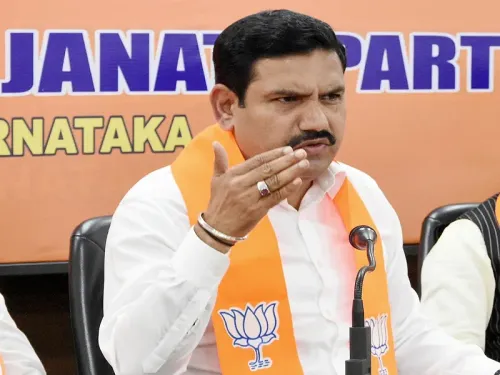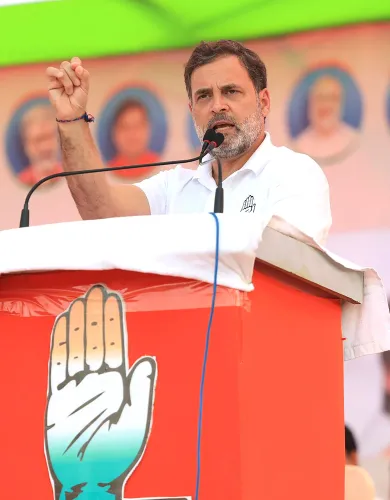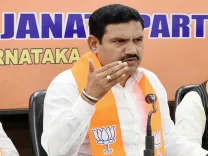State-sponsored sabotage: How did Pakistan become a factory for global terror?

Synopsis
Key Takeaways
- Pakistan is a known state sponsor of terrorism.
- Key terrorists operate freely within its borders.
- Evidence of state-sponsored sabotage is overwhelming.
- The international community must act against terrorism.
- The implications of terrorism extend beyond regional conflicts.
New Delhi, May 3 (NationPress) For more than thirty years, India has endured the consequences of a proxy conflict — a war fought not from distant lands, but right across its borders. When requests are made to “present proof,” they often sound hollow. Indeed, how much evidence is required when the poison of terrorism continually emanates from the very same source?
Who equips and instructs the militants that have persistently targeted the core of India? Who grants them refuge and ideological training? The answer remains unchanged: Pakistan.
From the violence in Kashmir to the catastrophic 2008 Mumbai assaults, the evidence points unmistakably towards Pakistan’s intricate network of intelligence, military, and extremist groups. Lashkar-e-Taiba member Tahawwur Rana — recently extradited from the U.S. to India — played a pivotal role in the Mumbai attacks. Meanwhile, Hafiz Saeed roams freely in Pakistan, his terror organization thriving.
Salahuddin, the Hizbul Mujahideen leader labeled a global terrorist by the U.S., lives unchallenged in Pakistan. Dawood Ibrahim, the orchestrator of the 1993 Mumbai bombings and linked to subsequent attacks, has found sanctuary in Karachi for decades. These are not mere accusations — they are established truths.
Pakistan's troubling history extends beyond Islamic extremism. It has harbored known Sikh separatists, allowing them to incite violence against India from a distance. Osama bin Laden, the world's most wanted terrorist, was discovered in Abbottabad — alarmingly close to a major Pakistani military academy. Is it a coincidence?
We must also consider the Taliban — nurtured in Pakistan’s madrassas, equipped and directed by its military, and eventually employed to bring Kabul to its knees. In doing so, they also caused the deaths of American soldiers. Thus, the repercussions were not confined to India; the global community bore the burden of Pakistan’s duplicity.
The reality is underscored by admissions from Pakistan’s own former leaders. A past army chief, who seized power in a coup, once boasted that terrorism was a “low-cost option” against India. A former Prime Minister was compelled to retract a leaked statement that acknowledged the destructive role of state-sponsored terror. Recently, Pakistan army chief General Asim Munir referred to Kashmir as Pakistan’s “jugular vein” and lauded the religious divide that incites violence — a glaring recognition of strategic intent.
The strategy is alarming: supply arms, train, and infiltrate militants across the Line of Control while masquerading as local Kashmiri “freedom fighters.” High-tech communication tools, advanced military training, and comprehensive logistical support — these are not instruments of grassroots rebellion, but of cross-border sabotage.
Pakistan has consistently thwarted the international classification of its nationals involved in terrorism — often with China's assistance — further protecting these individuals from global accountability.
The narrative is unequivocal. This is not merely about Kashmir; it is about a prolonged state policy aimed at destabilizing India through terror. The facts are indisputable. The human cost is tangible. The menace persists.
To demand “evidence” after years of bombings, massacres, and buried bodies is to disregard the evident. Pakistan's longstanding position as the globe's preeminent state sponsor of terrorism speaks volumes beyond any document.









